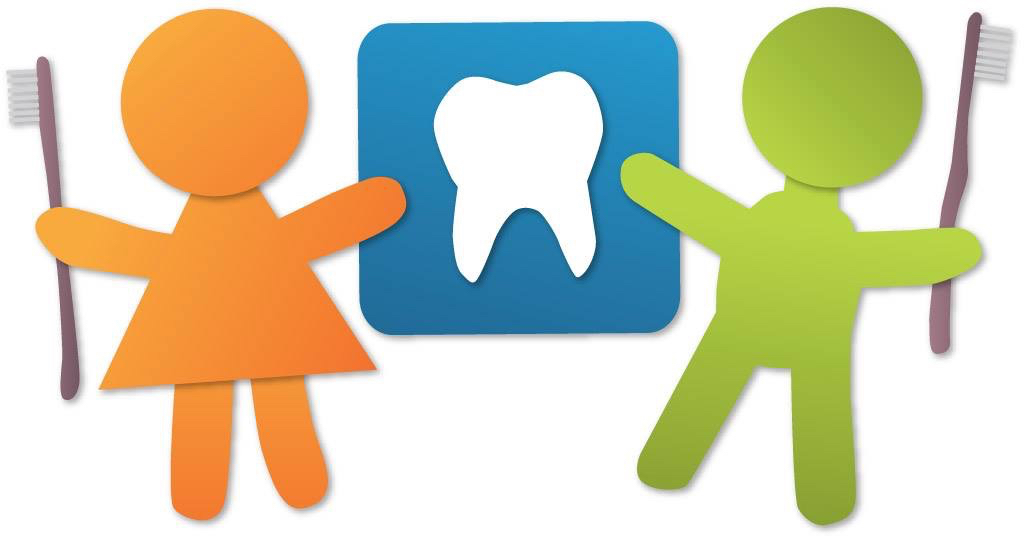Welcome to our first Blog Entry!!
/As a parent, you want the best for your child's health and well-being, and that includes their dental health. As such, finding a trustworthy and experienced pediatric dental practice is essential to ensuring your child's teeth and gums stay healthy as they grow. We specialize in providing dental care to infants, children, and adolescents, and our unique training and expertise enable them to address the unique needs of young patients. In our blog, we'll explore the importance of pediatric dental care and what to look for when choosing the right dental practice for your child and for your family!
Oral hygiene is an essential part of overall health, and it's important for parents to start instilling good habits in their children from a young age. In this blog post, we'll discuss the basics of oral hygiene and provide some tips for parents to help their children maintain a healthy mouth.
The Basics of Oral Hygiene
Oral hygiene refers to the practices that help maintain the health of your teeth, gums, and mouth. It includes brushing your teeth, flossing, and rinsing your mouth with water or mouthwash. Good oral hygiene can prevent dental problems such as cavities, gum disease, and bad breath.
Brushing Your Teeth
Brushing your teeth is the most important part of oral hygiene. You should brush your teeth at least twice a day for two minutes each time. Make sure you use a soft-bristled brush and fluoride toothpaste. Fluoride helps prevent tooth decay by strengthening the enamel on your teeth.
When brushing, use a circular motion and make sure to brush all surfaces of your teeth, including the front, back, and chewing surfaces. Don't forget to brush your tongue, as bacteria can build up there and cause bad breath.
Flossing
Flossing is another important part of oral hygiene. It helps remove food particles and plaque from between your teeth, where your toothbrush can't reach. You should floss at least once a day, preferably before bed.
To floss, use a piece of floss about 18 inches long. Wrap the floss around your index fingers and gently insert it between your teeth. Move the floss up and down, making sure to get between each tooth.
Rinsing
Rinsing your mouth with water or mouthwash can help remove any remaining food particles and freshen your breath. You can use a mouthwash that contains fluoride to help strengthen your teeth.
Tips for Parents
As a parent, it's important to set a good example for your children when it comes to oral hygiene. Here are some tips to help your children maintain a healthy mouth:
1. Start brushing your child's teeth as soon as they appear. Use a soft-bristled brush and fluoride toothpaste.
2. Help your child floss until they can do it on their own, usually around age 8.
3. Make brushing and flossing a part of your child's daily routine. Brush together in the morning and before bed.
4. Limit sugary drinks and snacks, as they can lead to tooth decay.
5. Schedule regular dental checkups for your child, starting at age 1.
6. Talk to your child's dentist about fluoride treatments or dental sealants to help prevent cavities.
7. Encourage your child to drink plenty of water to help rinse away food particles and keep their mouth hydrated.
Conclusion
Oral hygiene is an essential part of overall health, and it's important for parents to start instilling good habits in their children from a young age. By following the basics of oral hygiene and setting a good example, parents can help their children maintain a healthy mouth and prevent dental problems. Remember to brush twice a day, floss daily, and rinse with water or mouthwash to keep your teeth and gums healthy.


